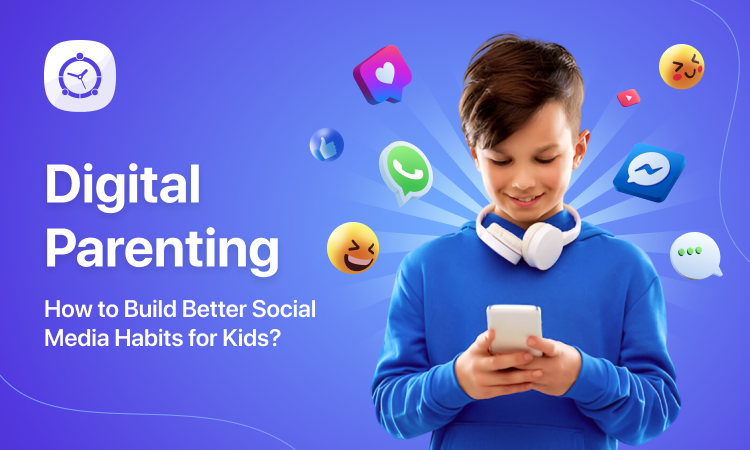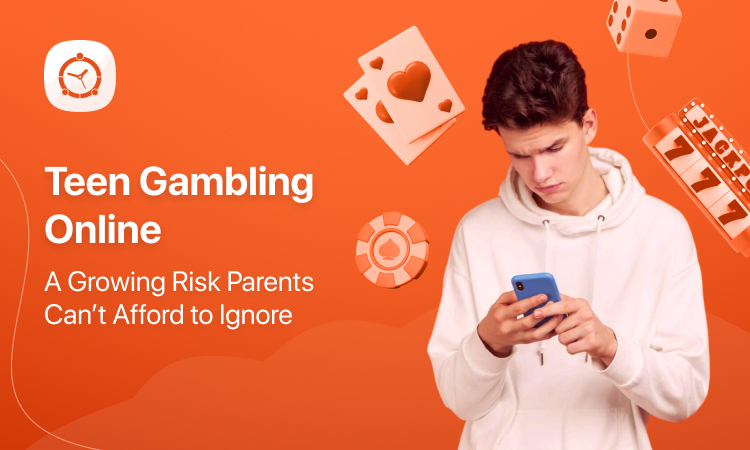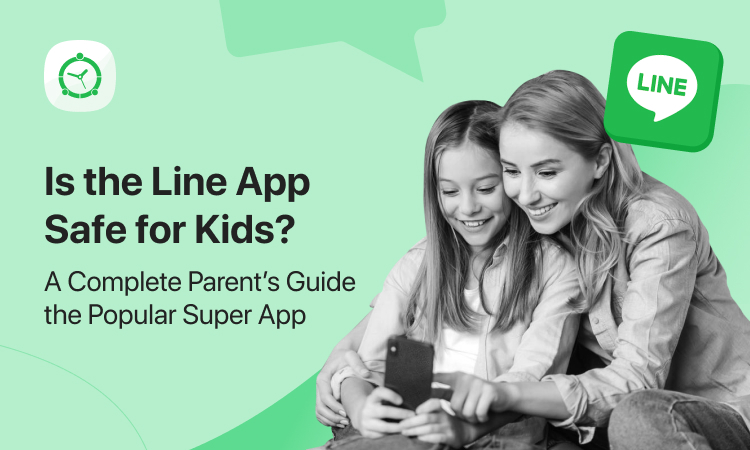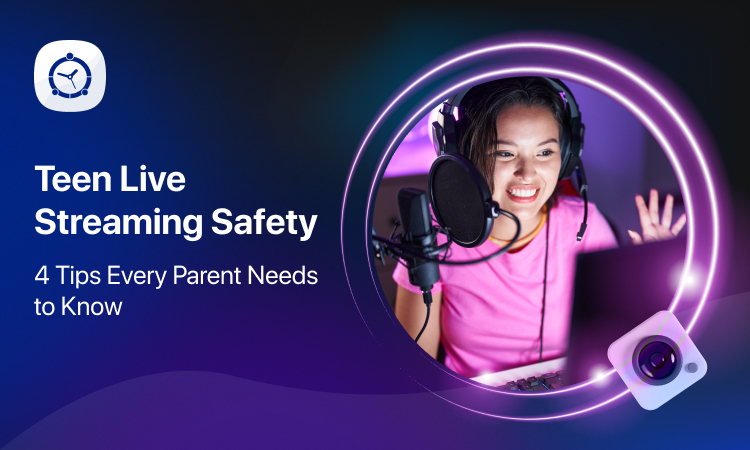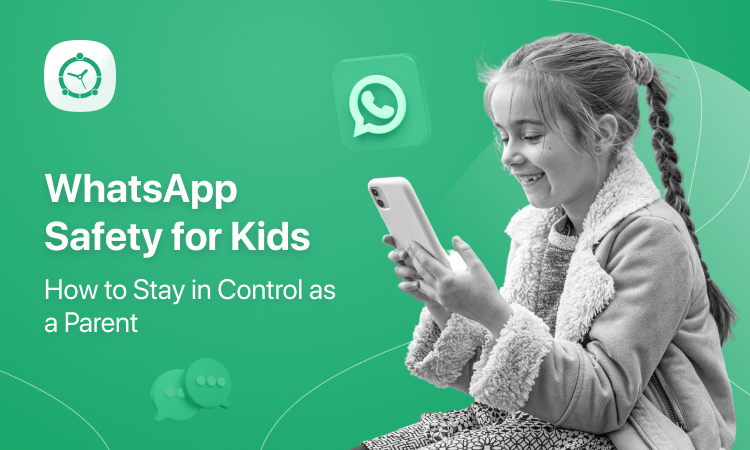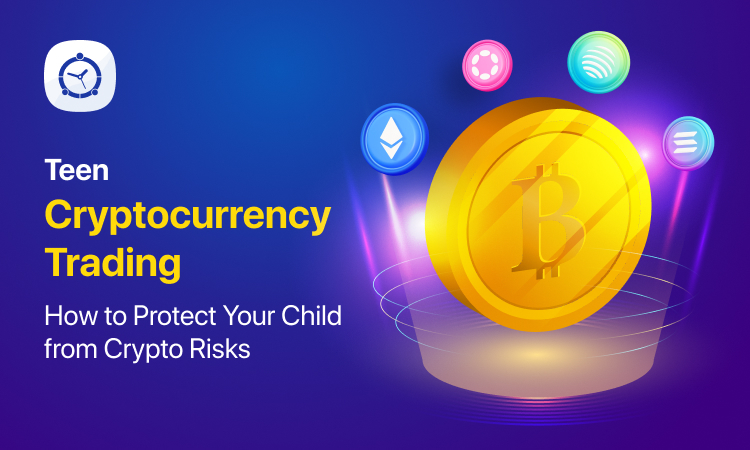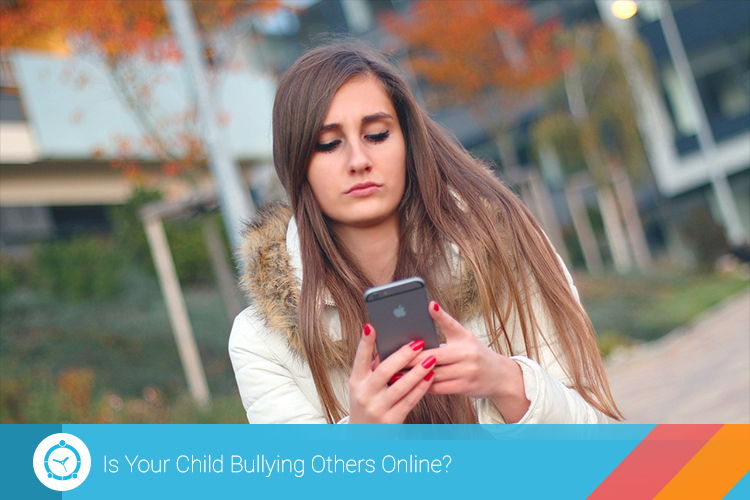
We talk a lot about protecting our kids from the cyber bullies and do everything in our power to save them. But have we ever thought that our child can also be the bully and what are the reasons that can cause them to have such a behavior? As often as we ask ourselves if our kids are safe online, we must ask ourselves if others are safe from our kids.
This is something that needs to be taken seriously as most of the time kids develop such behaviors because of their domestic environment.
Social Priorities
Kids learn from parents, both actively and passively. It is the parents’ behavior and their outlook on life that build the kids’ behaviors as well. If they see aggressive behavior at home, they are likely to adopt the same behavior with their fellows. If they are subjected to high social status and standards of beauty, they will expect the same from others. If they see their parents shaming others about their body, weight, color or belittle someone based on their gender or sexuality, they will not find it strange to do the same.
The race to be the best
Every kid is special in his or her own way and if they are not a genius at math, they may be extraordinary at painting. However, parents sometimes oversee this and force their kids to be good at everything. Some kids develop self-esteem issues and some take up other methods to be the best like spreading rumors against others, destructive actions to ruin someone’s reputation or making up a team against kids to gain popularity.
Involvement
Most parents do not make it a priority to check their kids’ online social behavior. They think that if they are not showing any aggression or causing any obvious problems it is fine to let them be. But that may not be the case. That is why it is recommended to monitor online behavior, surfing, and texts with the help of parental control apps. Services like FamilyTime allow parents to monitor web activities, text messages and call logs. They give a fair idea of their online social conduct and inclinations. Moreover, you can also limit their mobile apps and screen time to cut any extreme habits.
Steady relationships
Studies also show that kids who have unstable friendships and relationships usually lasting only six months or few weeks; escalating quickly and then ending at the same speed are more likely to engage in cyberbullying. On the contrary, kids who have stable relations, have fewer chances of aggression and abuse. Parents must keep a close eye on their social relations and encourage the thought of good and long-lasting friendship.
Take a close look at your home and your relationship with the kids. Do you have high and pretentious standards? Are you unknowingly teaching your kids to hate certain people? Are you monitoring their social and online activities? Change your behaviors and use parental control apps for better involvement in your kids’ lives. Don’t just protect them from cyberbullies, make sure you are not raising them.



